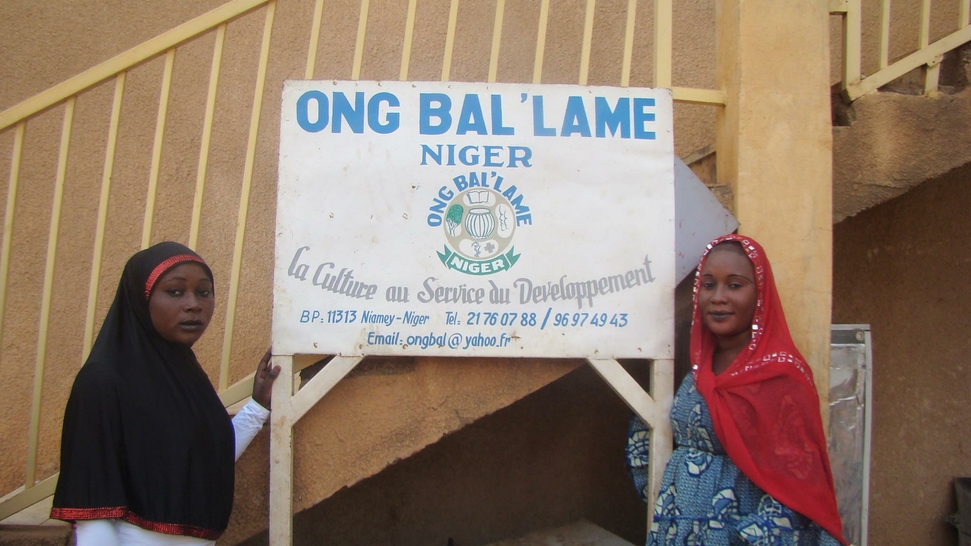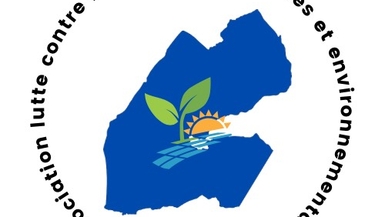Campaign Status
Ongoing Offline: The campaign is currently ongoing offline and, thus still in the process of collecting funds.
Summary
The campaign aims to train 100 rural women in the production and marketing of garden products, benefiting 700 people, including 500 children.
Challenge
The village of Kotaré in the urban commune of Mayahi is home to 100 rural women who were previously engaged in small-scale activities such as doum palm leaf production, rope and mat weaving, and harvesting and selling edible leaves and fruits. These ancestral crafts sustained their families for generations, but the changing climate has thrown their lives into disarray, trapping them in persistent poverty.
The environmental degradation caused by climate change has ravaged the Goulbin Kaba valley in Mayahi, leading to the deterioration of their income sources. Prolonged droughts, erratic rainfall, and the encroaching desert have transformed fertile lands into arid wastelands. The once-abundant doum palm trees, which served as a source of sustenance, are dwindling, making it increasingly challenging to produce doum palm leaves. The diminishing palm trees and the scarcity of water have also impacted the production of ropes and mats, which were once highly sought-after in the region.
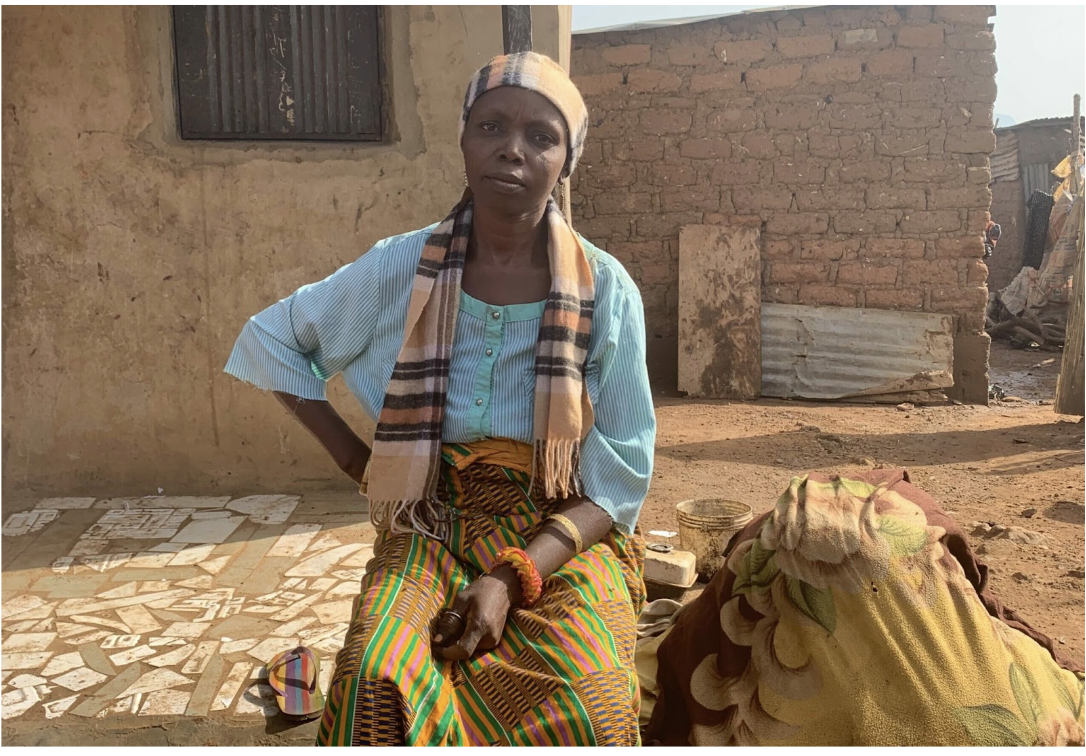
Furthermore, the women's ability to harvest and sell edible leaves and fruits from specific trees has been severely affected by the changing climate. With rising temperatures and unpredictable weather patterns, these once-reliable food sources have become scarcer and less predictable, leading to food insecurity and financial instability.
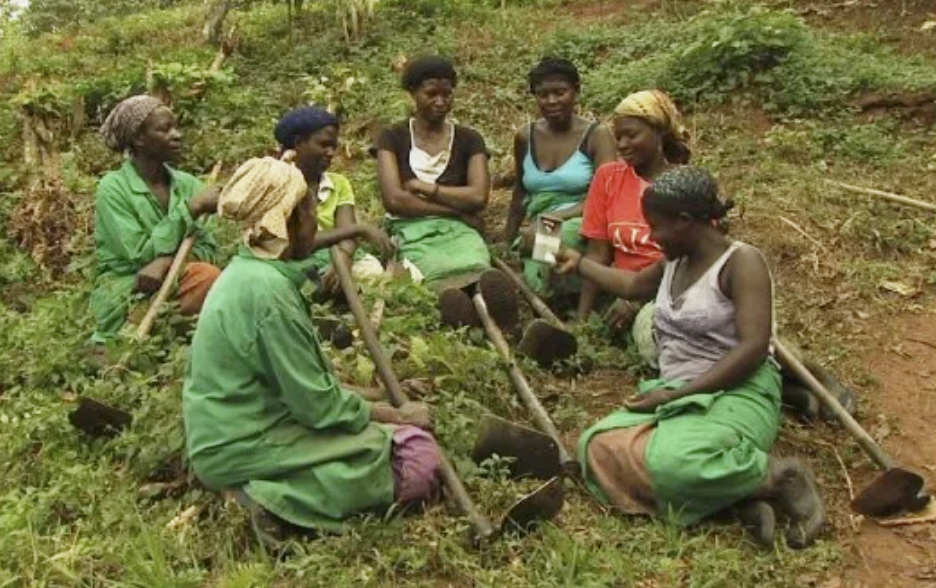
Solution
The solution is to empower 100 rural women facing extreme vulnerability in the village of Kotaré, situated in the urban commune of Mayahi. The mission is to introduce them to sustainable production and effective marketing strategies for a variety of market garden products, including Moringa, salad, carrots, cabbage, and more. This initiative aims to break the cycle of persistent poverty that has gripped these resilient women, primarily due to the loss of their traditional livelihoods.
The introduced solution seeks to provide these women with the knowledge and skills required to transition into sustainable market garden products, thereby creating a new, reliable source of income.
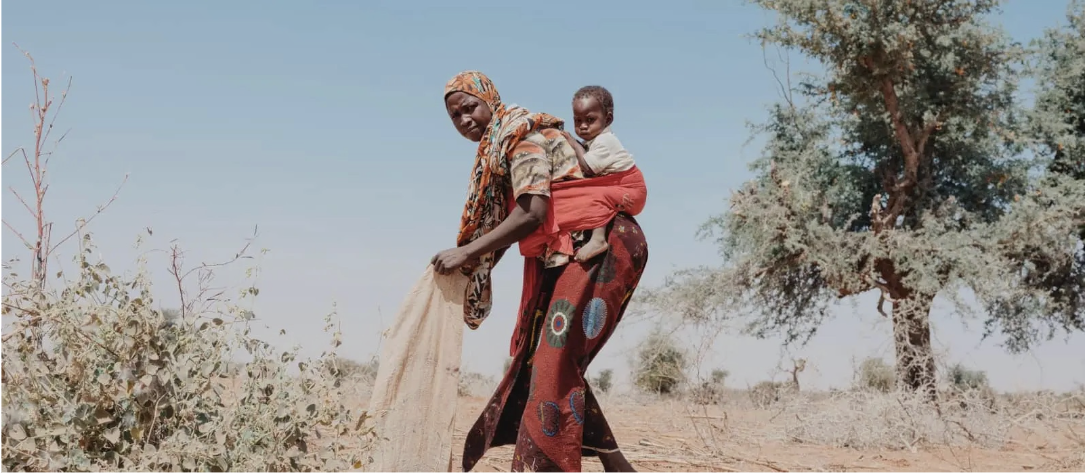
The project, spanning eight months and funded through crowdfunding, encompasses essential activities, including a geophysical study to determine suitable seeds, site development (involving fencing, earthworks, water points, and setting up an irrigation system), as well as seed acquisition. Furthermore, three on-site training sessions will be provided, focusing on technical skills related to planting and maintaining seedlings, harvesting and storage techniques, along with financial management training for the beneficiaries.
By doing so, it aims to empower them to adapt to the changing environmental conditions, mitigate the effects of climate change, and ultimately improve their quality of life and financial stability.

